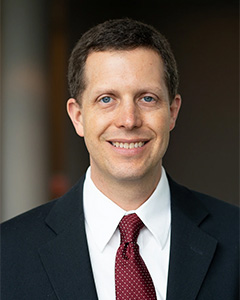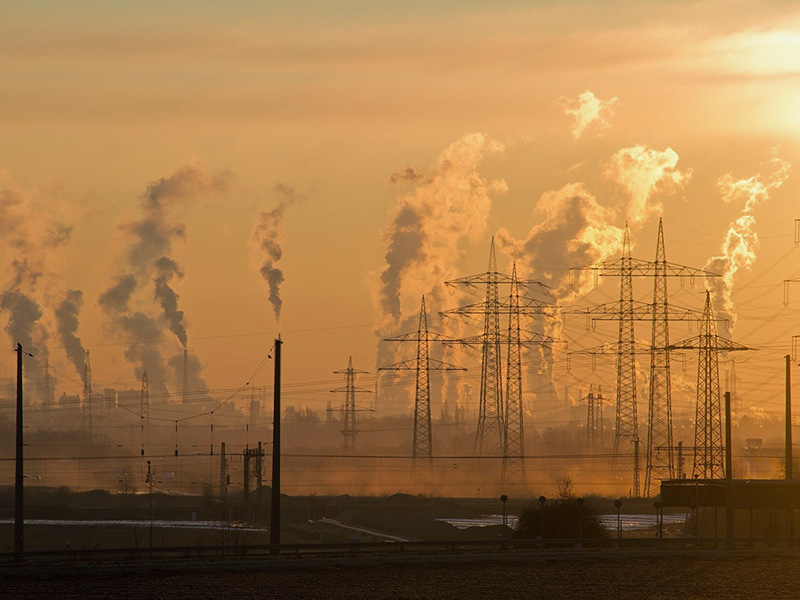Exploring Solutions to the Climate Crisis
December 2, 2020
This article originally appeared on the College of Engineering News page on Dec. 2, 2020.
It can often seem that, for all the rhetoric and effort surrounding climate change, little progress has been made to reverse its devastating effects. But a new interdisciplinary elective at Drexel University is arming students with the information they need to become change agents.
 Jason Baxter
Jason Baxter
The class, “Project Drawdown: Reversing Global Warming,” will be led by Jason Baxter, PhD, professor of chemical and biological engineering. The focus is on Drawdown, a book and website that quantifies the potential impacts of the top 100 solutions to climate change, to help us understand where our actions have the most leverage.
“In a lot of ways, you don’t always know what you should be doing to fight climate change,” Baxter says. “Alternative fuels, solar panels, windmills – these are big picture solutions, but is there a set of instructions for the individual level? Project Drawdown explores both solutions that we can act on as individuals and solutions at the level of industry and government.”
The book, which will be used as the course’s text, defines Drawdown as the theoretical point at which greenhouse gas concentration in the atmosphere reaches its peak and begins to decline. Solutions suggested by the project range from supporting green energy, buildings and transportation to reducing food waste, eating plant-rich diets and changing other personal behavior.
“We have the technology right now to reverse global warming in the next 30 years,” Baxter explains. “For example, the top solution suggested in Drawdown is refrigeration. We already know of refrigerants that are nearly as effective as what we use now that have a much smaller impact on the environment. We just have to decide to use the better options and to properly collect and manage the old ones.”

The course is open to all majors and levels, including graduate students. The class participants will be asked to think critically about the solutions proposed by the book and explain their evaluation of it to their peers. Baxter says that guest lectures from experts both within and outside of Drexel will add more depth to the discussion.
A significant portion of students’ grades will be based on a final project, where participants pitch their own solutions for the environmental challenges to the class. When Baxter ran a pilot version of the class for students in the Pennoni Honors College, final projects included community educational posters and an Instagram account that promoted vegan recipes.
“When students have some freedom to frame their own projects, they’re that much more passionate about them,” Baxter says. “I want them to leave this class as advocates.”
The class also affirms Drexel’s place as a leader in the community, Baxter explains.
“A lot of the people who are most effected by climate change and pollution are people already in poverty – people who live in low-income areas around chemical plants, people who live in warm humid regions, and people who don’t have access to diverse food options,” he says. “The best solutions to climate change create a virtuous spiral of benefits. They not only mitigate global warming but also lead to economic benefits and a more just and equitable society.”